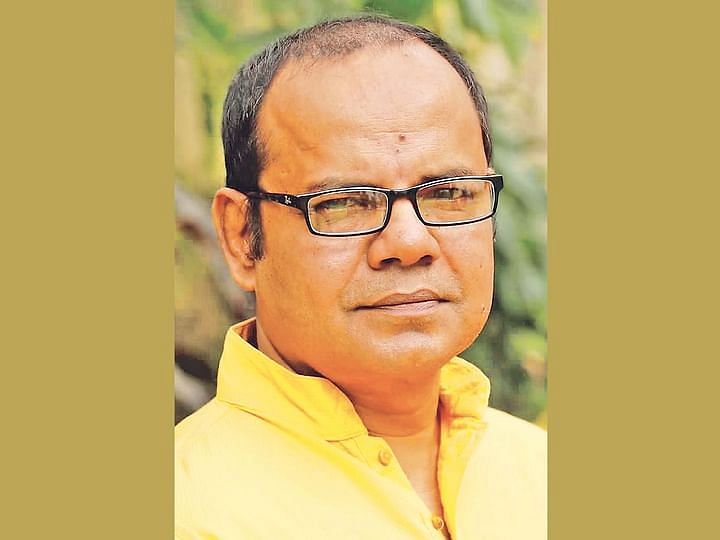Prothom Alo

Rejoanul Haq is the chairperson of the Broadcast Journalist Centre. Prothom Alo talked to him recently about the harassment and arrest of journalist Rozina Islam and related issues.
In the recent protests, journalists voiced concern over the state of independent journalism. Do you think various legal tangles have been created in the country to challenge investigative journalism?
Freedom of media is under pressure across the world. Amidst the protests over the harassment and arrest of journalist Rozina Islam, we’ve seen a news report that the authorities in Belarus arrested a journalist by diverting a plane mid-air. The incident of Rozina is a signal which has been delivered to other journalists too. The journalists have been given a reminder about the risks of collecting information. It’s universal that journalists, especially investigative journalists, need to collect information secretly. Some sections of the Digital Security Act also hinder press freedom. Authorities have now brought forward the century-old Official Secrets Act while many sections of the constitution, the Right to Information Act and the Public-Interest Information Disclosure Act (Provide Protection) encourage independent journalism. Not only that, sections 4, 5 and 14 of Public-Interest Information Disclosure Act have provided protection for whistleblowers. The act even provisioned that whistleblowers can be conferred with awards for their public interest disclosures.
Journalist leaders said some officials of administration are trying to bring the government and media into confrontation. How are they getting such a chance to do so?
Some officials of the health ministry are responsible for the Rozina incident, not the government. But the government was criticized at home and abroad for the incident. This is how some officials of the administration have placed the government and media in a confrontational position. The ruling party’s general secretary and road, transport and bridges minister Obaidul Quader more than once said the health ministry officials present at the scene had mishandled the situation and allowed the incident to go that far. Bureaucracy has become very strong now and the tendency to show off its strength is increasing day by day. Two recent examples will clarify the power practice of bureaucrats. One: secretaries were given the responsibility to look after the government initiative to fight Covid-19 situation in every district, not ministers or MPs. Two: according to the law, the director general of Directorate General of Health Services (DGHS) is supposed to take all necessary steps in case of any pandemic. An advisory committee led by the health minister would assist the DGHS DG. But we can see that the cabinet division is taking all the steps.
Journalists are becoming the worst victims of the Digital Security Act. Is this situation leading them to self-censorship?
Self-censorship is being discussed for quite some time now. It’s extant. But the digital security act alone is not responsible for this situation. Independent journalism is disliked by all governments. Different types of laws were enacted and are being enacted now to rein in journalism. But the situation has worsened in recent years. The media and people associated with it had only one goal previously—to serve people with information. Many more interests such as political, economic and business-related interests have now been added. These factors have also contributed to self-censorship.
Some recent incidents have evinced that powerful quarters are displaying intolerance towards journalists and media. Do you think that lack of good governance is responsible for such a situation?
The answer to this question lies in the Rozina Islam incident. In recent times, she has done a number of reports on irregularities and corruption of the health ministry, angering the ministry’s officials, especially the corrupt ones. The reason for their anger is that despite such unbridled power, they had to face trouble due to the reports on their corruption. To put it more straightforwardly, the corrupt section of the bureaucracy has become desperate to save their ill-gotten money. Despite many setbacks, the country’s media still publish reports on corruption. And so corrupt persons become infuriated with the media and journalists.










